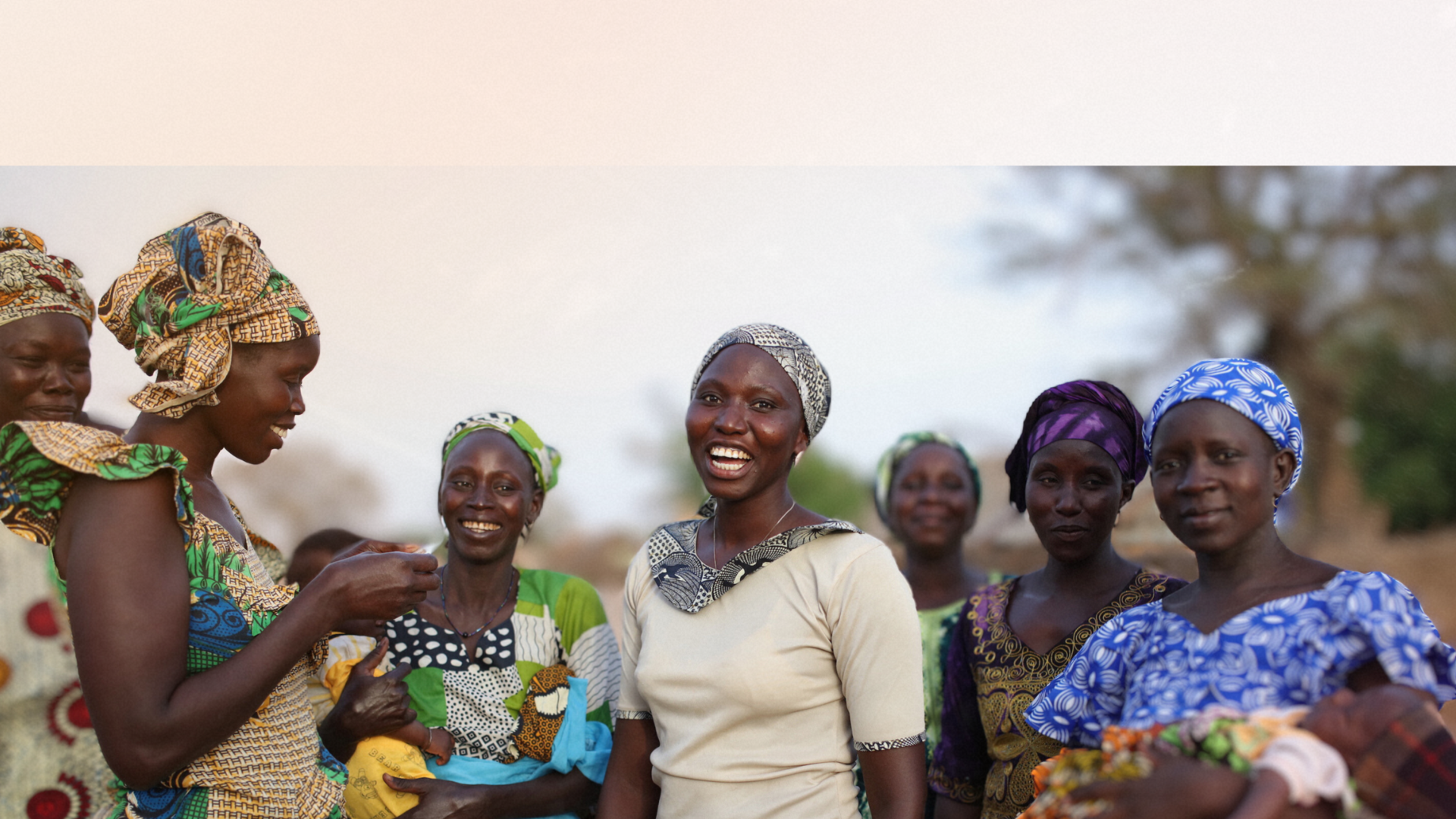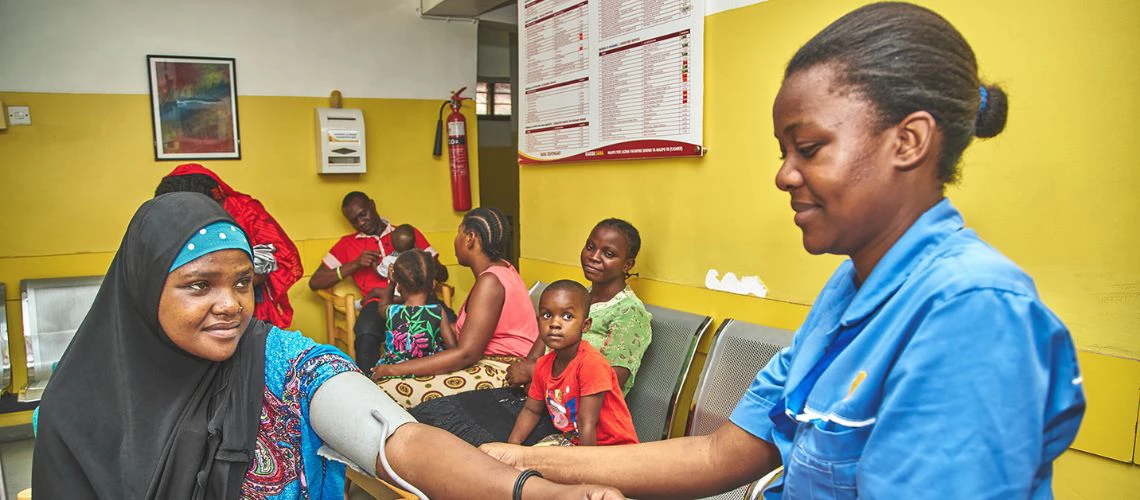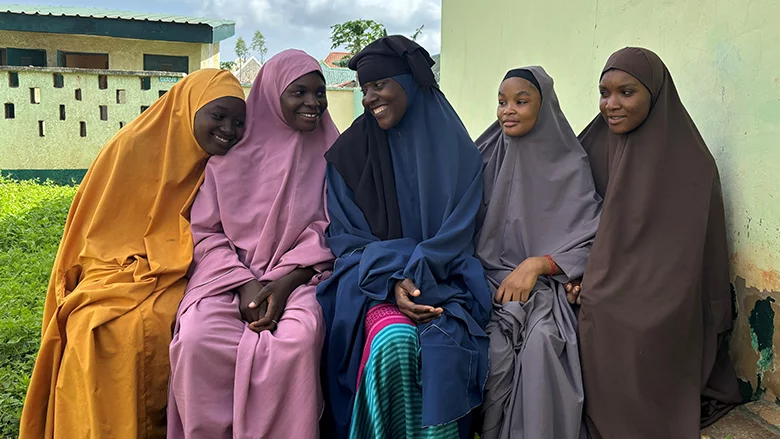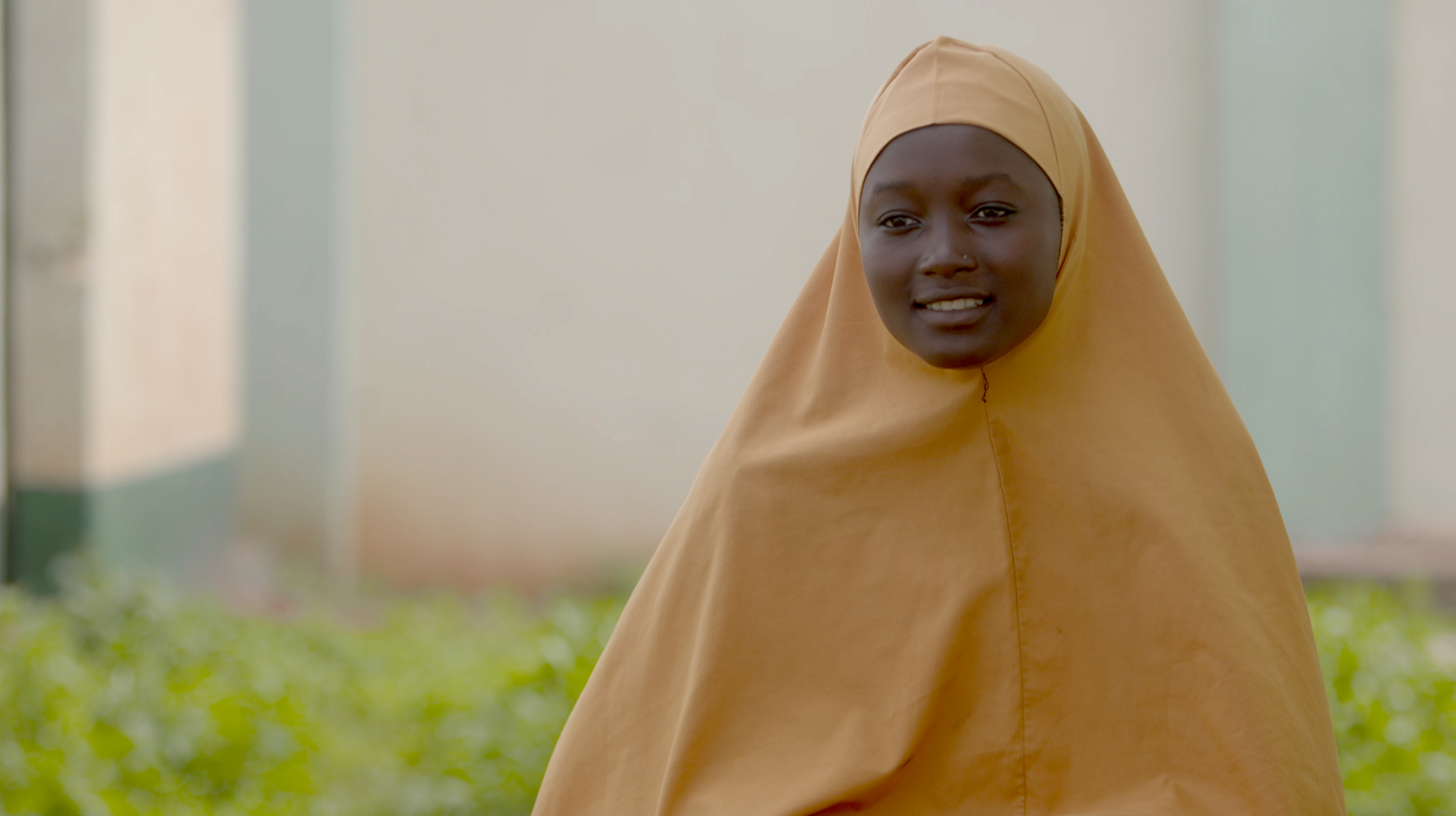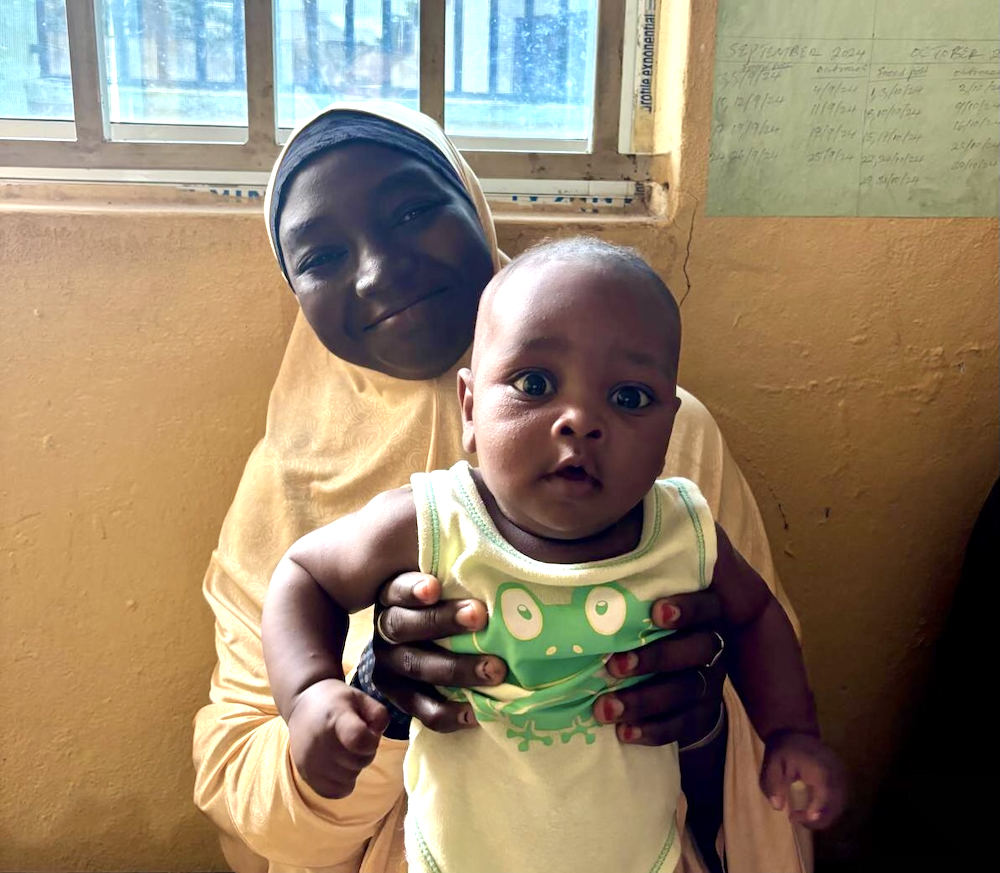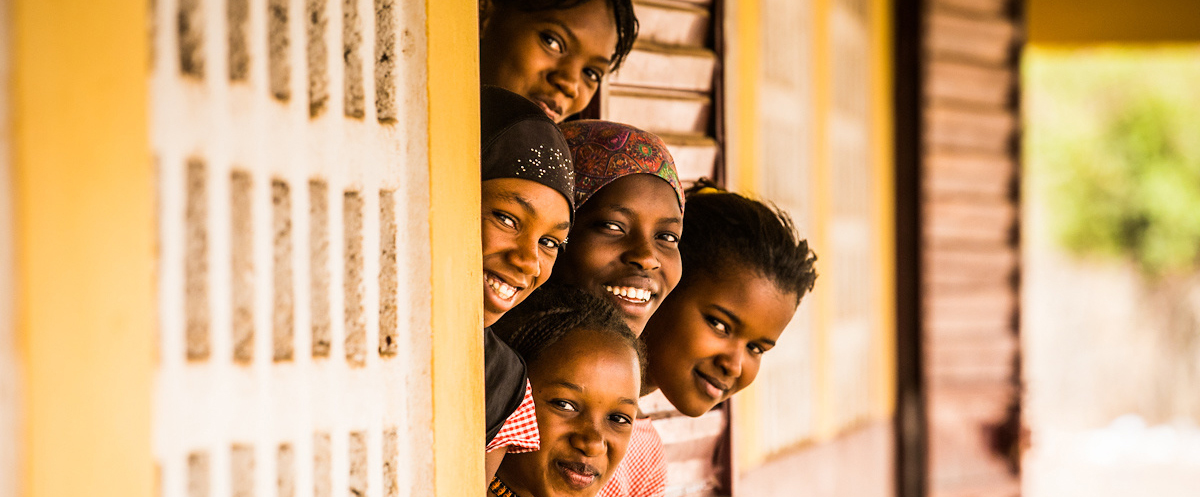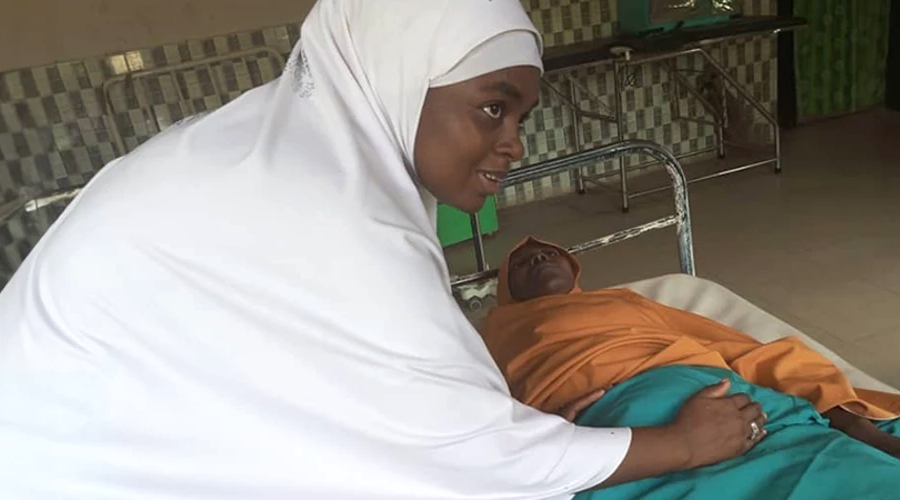Gender Equality
For many women and girls across GFF partner countries, limited access to education and economic opportunities, restrictions on voice, and harmful laws and social norms constrain access to health services. Every day, more than 800 women and girls die from preventable reasons associated with pregnancy, childbirth, and lack of access to sexual and reproductive health and rights (SRHR).
Supporting a Country-Led Approach
The GFF supports countries to reach universal access to SRHR and create more equitable health and social systems that shift norms toward women’s and girls’ choice, access, and decision-making power over their own health. This shift enables women and girls to unleash their potential and become leaders and agents of change in their communities.
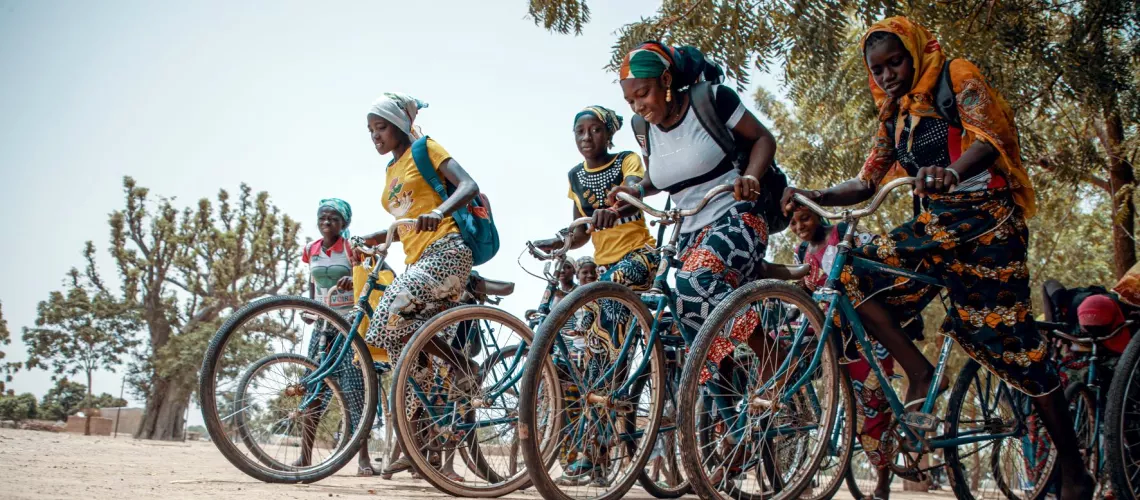
The roadmap outlines the specific gender transformative actions the GFF is taking to accelerate efforts to support countries in closing gender gaps in health.
Results
With GFF support, countries are accelerating equality:
- Niger and Cameroon have removed legal barriers to allow pregnant girls to remain in school and access SRHR services.
- Niger is using results-based strategies to ensure quality health services among adolescent girls and gather data on how gender equality improves health outcomes.
- In Mali, youth and religious leaders are advocating successfully for improved access to SRHR services.
- In Senegal civil society organizations set up an innovative digital tool to allow youth, health workers, and community members to work together to ensure quality health services, including SRHR, can reach women and girls most in need.
- Countries are building stronger civil registration and vital statistics (CRVS) systems as a key tool in child marriage and ensuring women and girls have access to health and education benefits. In Kenya, transformation of the CRVS system led to an 82 percent increase in birth registrations in 2021, giving thousands of newborn girls a fair opportunity to access their basic rights.
- The GFF’s country leadership program is collaborating with female leaders in Kenya, Malawi, and Ethiopia to amplify their voices in decision making within the health sector.
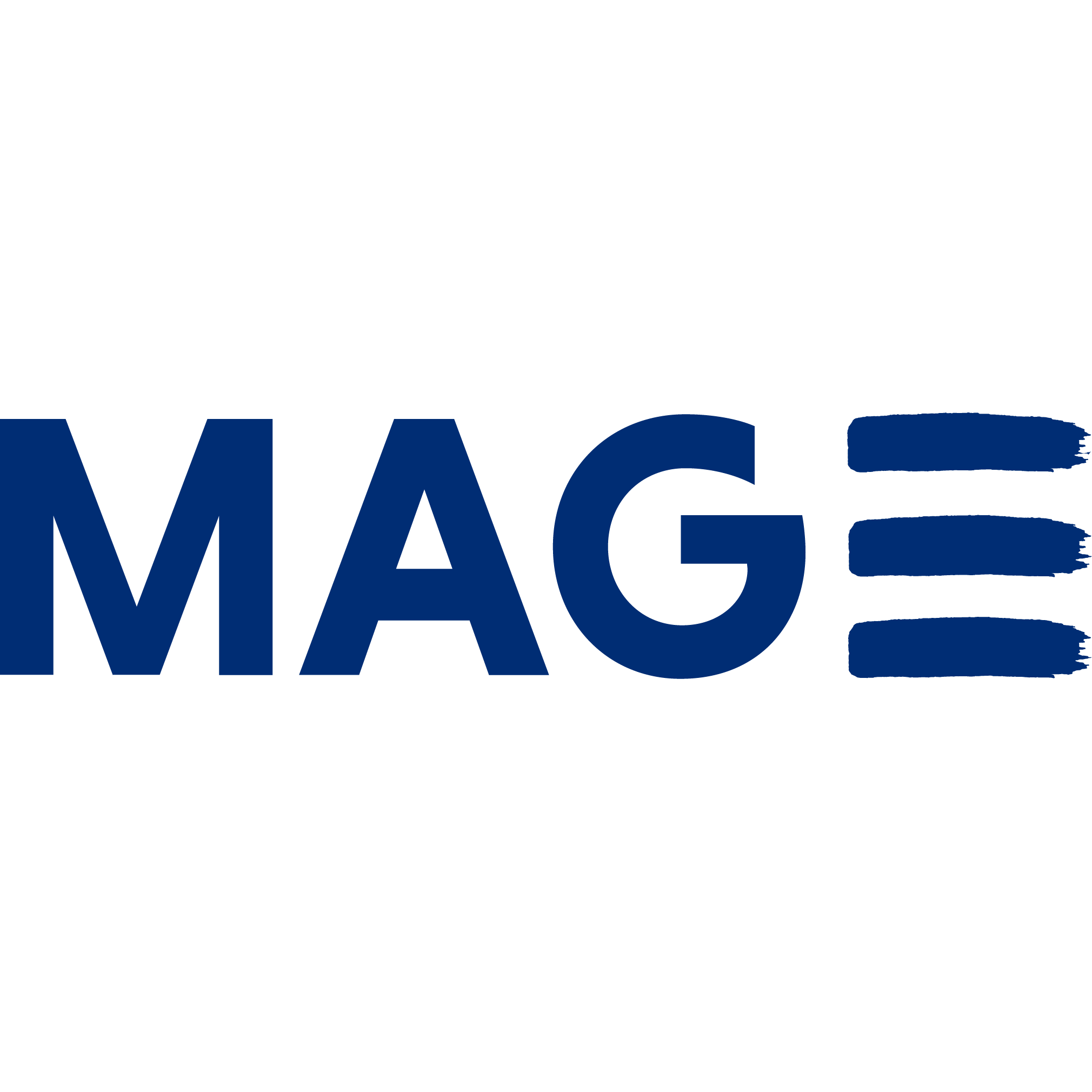
Monitoring and Action for Gender and Equity (MAGE)
MAGE, a partnership between the GFF and Johns Hopkins University, advances gender and equity in monitoring and evaluation and data use to improve gender equality and health services in GFF partner countries.
